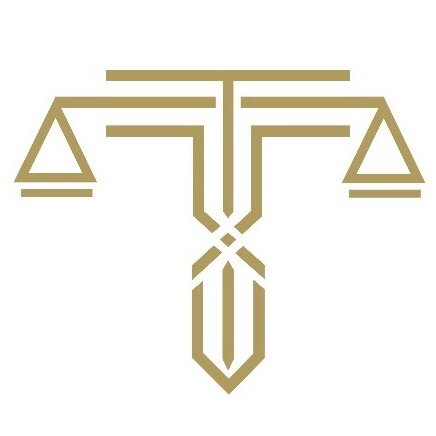Best Creditor Lawyers in Dammam
Share your needs with us, get contacted by law firms.
Free. Takes 2 min.
List of the best lawyers in Dammam, Saudi Arabia
About Creditor Law in Dammam, Saudi Arabia
Saudi Arabia's laws surrounding creditors provide a balance between protecting the rights of the creditor and the debtor. In Dammam, as across the Kingdom, these laws encompass various types of financial relationships, including personal loans, business loans, mortgages, and other forms of indebtedness. The law also covers aspects such as loan repayment, insolvency, financial restructuring, and debt collection procedures.
Why You May Need a Lawyer
There are several situations where you may need legal support in the field of Creditor. If you're faced with insolvency, a lawyer can guide you through the legal procedures to protect your rights. If you are a creditor seeking to recover a debt, legal advice can help you pursue the correct process and optimize the recovery rate. Lawyers specialized in creditor law also offer negotiation and mediation services for disputes over loans and debts, assist in drafting loan agreements and provide legal support in case of bankruptcy proceedings.
Local Laws Overview
The key laws governing creditors in Dammam are derived from the Saudi Arabia Bankruptcy Law. This law provides guidelines for debt repayment, debt collection methods, and procedures in case of bankruptcy. It also introduces a variety of tools to facilitate the restructuring of a debtor’s business to prevent bankruptcy, including protective settlement procedures and financial restructuring proceedings. Also, the country's enforcement law outlines the rules for enforcing judgments, which is paramount for creditors seeking to recover debts.
Frequently Asked Questions
What rights do creditors have under Saudi Arabian law?
Creditors in Saudi Arabia have the right to recover the debt owed to them by following the procedures established by the bankruptcy and enforcement law. This includes initiating legal proceedings against a debtor who is unable to pay their dues.
Can a debtor in Saudi Arabia declare bankruptcy?
Yes, a debtor can declare bankruptcy under Saudi Arabian law. The bankruptcy law offers a structured process for insolvency that aims to shield the debtor from legal prosecution, while still protecting the rights of the creditors.
What if a debtor refuses to pay the debt?
Under Saudi Arabia's enforcement law, creditors have the legal right to enforce a judgment against a debtor who refuses to pay their debt. This can include seizure and sale of the debtor's assets.
What is a protective settlement?
A protective settlement is a legal mechanism under the bankruptcy law that enables a debtor to restructure their debts in order to avoid bankruptcy. This includes options such as deferred payments, debt reduction, and conversion of debt into equity.
Can a creditor and debtor mutually agree on a debt repayment plan?
Yes, the Saudi Arabian law encourages creditors and debtors to reach amicable solutions. A mutually agreed debt repayment plan can be established to facilitate the repayment process and reduce any potential legal disputes.
Additional Resources
Ministry of Justice of Saudi Arabia and the Saudi Arabian Monetary Authority provide resources and guidelines for creditors in understanding their rights and obligations. The Saudi Gazette also often features articles and advice relevant to the field of Creditor.
Next Steps
If you find yourself in need of legal assistance, it's recommended to consult with a legal professional specializing in Creditor law in Dammam. A lawyer can offer guidance on your legal rights and options, and help you navigate through the legal procedures. It's always best to seek this advice as early as possible to manage any risks and protect your interests.
Lawzana helps you find the best lawyers and law firms in Dammam through a curated and pre-screened list of qualified legal professionals. Our platform offers rankings and detailed profiles of attorneys and law firms, allowing you to compare based on practice areas, including Creditor, experience, and client feedback.
Each profile includes a description of the firm's areas of practice, client reviews, team members and partners, year of establishment, spoken languages, office locations, contact information, social media presence, and any published articles or resources. Most firms on our platform speak English and are experienced in both local and international legal matters.
Get a quote from top-rated law firms in Dammam, Saudi Arabia — quickly, securely, and without unnecessary hassle.
Disclaimer:
The information provided on this page is for general informational purposes only and does not constitute legal advice. While we strive to ensure the accuracy and relevance of the content, legal information may change over time, and interpretations of the law can vary. You should always consult with a qualified legal professional for advice specific to your situation.
We disclaim all liability for actions taken or not taken based on the content of this page. If you believe any information is incorrect or outdated, please contact us, and we will review and update it where appropriate.











